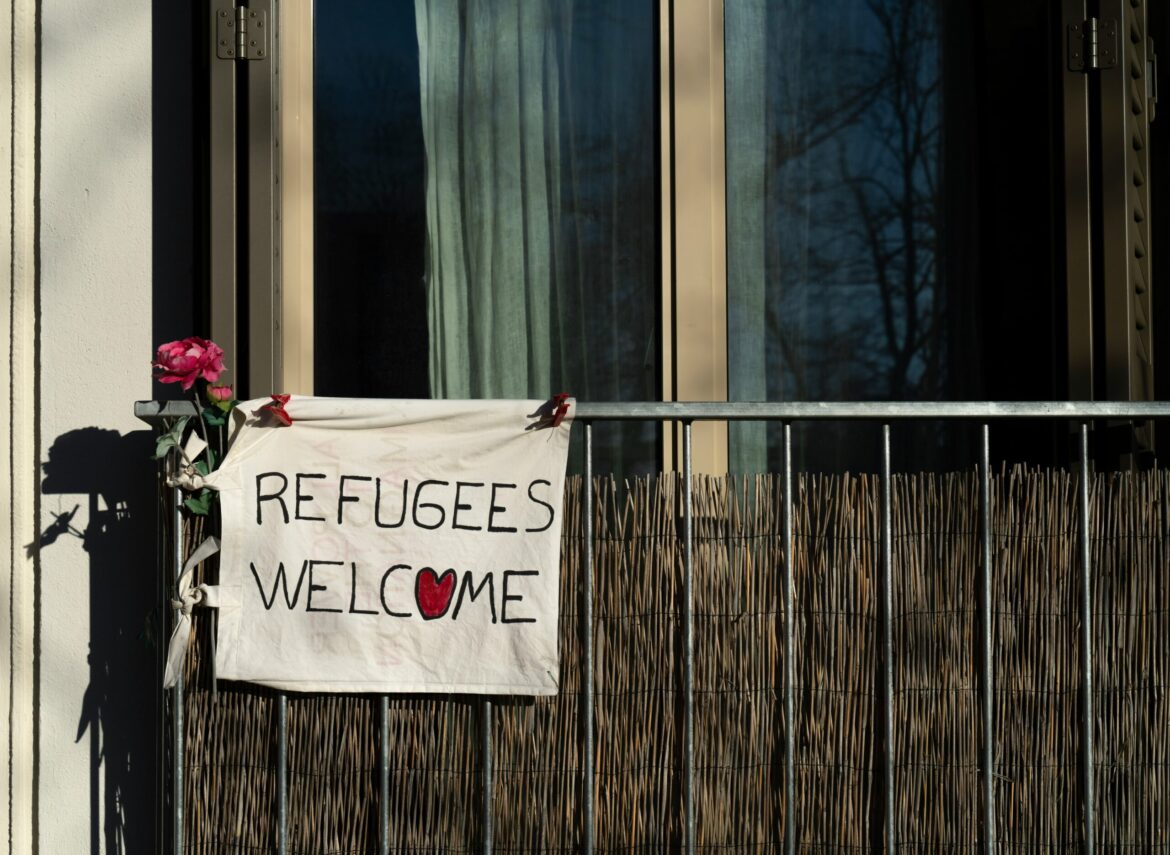A Growing Humanitarian Crisis
San Diego County has officially declared a local state of emergency in response to a dramatic spike in migrant arrivals, predominantly asylum seekers from Venezuela, Honduras, and other Central American nations. Over a five-day period, U.S. Border Patrol recorded more than 7,000 encounters in the San Diego Sector, signaling a level of migration not seen in recent months. The influx has overwhelmed existing shelter infrastructure, forcing local authorities to rapidly identify alternative housing solutions amid mounting logistical and political challenges.
Emergency Response Measures
In response to the surge, San Diego Mayor Todd Gloria, in coordination with state agencies and nonprofit partners, spearheaded an emergency relief plan. Temporary housing sites were quickly established in community centers, houses of worship, and public buildings to accommodate the arriving migrants. Gloria emphasized that these actions, though difficult, were essential from a humanitarian standpoint, stating, “We’re doing what’s right for humanity, even when it’s hard.”
Despite efforts to stabilize the situation, local shelters are nearing capacity, and the pace of new arrivals threatens to outstrip available resources. City and county officials are urging the federal government to provide immediate assistance in the form of funding, staffing, and logistical support.
Political Fallout and Community Tensions
The declaration of emergency has ignited political tensions, particularly with officials in East County who argue they were sidelined in the decision-making process. County Supervisor Joel Anderson voiced his frustration publicly, stating, “This is unsustainable. San Diego cannot shoulder this burden alone.” Concerns over transparency and inter-agency communication have grown louder as surrounding municipalities grapple with the secondary impacts of the county’s emergency measures.
Public sentiment remains divided. At recent town halls and public forums, some residents expressed support for the city’s compassionate stance, while others raised alarms over security, resource allocation, and the long-term implications of the crisis. The strain on city services, from healthcare to public safety, has become a recurring topic of debate.
Federal Involvement and the Path Ahead
San Diego’s call for federal support has not yet been fully answered, though representatives from the Department of Homeland Security have reportedly been in communication with local officials. The county’s declaration is expected to strengthen its eligibility for emergency funding and allow for expedited logistical arrangements.
As the humanitarian crisis deepens, local leaders continue to walk a tightrope between managing immediate needs and addressing public anxieties. The coming weeks will be crucial in determining whether the region can sustain the influx without broader state or national intervention.

